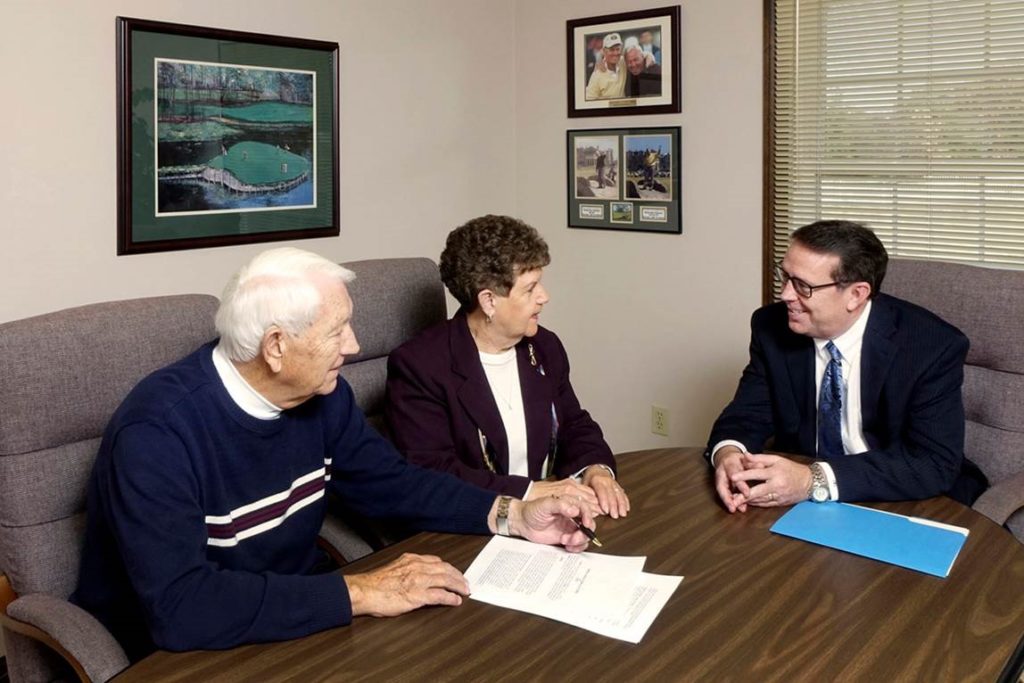A will and a living trust both can be very important in your estate plan. However, according to Beck, Lenox & Stolzer Estate Planning and Elder Law, LLC, unlike a will, a living trust doesn’t require probate to transfer your assets. Here is a great article on what you should know about a living trust.
KYT24’s recent article entitled “Fundamentals Of A Living Trust” explains that everyone who owns a home and/or other assets should have a will or a living trust. Proper estate planning can protect your family from unnecessary court costs and delay, if you become incapacitated, disabled, or die.
With a living trust, you can avoid all probate delays and related costs and make life much simpler for your family in a crisis. If you pass away, your spouse will be able to automatically and immediately continue without any delay or unnecessary expense.
When you and your spouse both die, your assets will also transfer directly to your beneficiaries.
Living trusts can save time, expense and stress for your loved ones. Speak with an experienced estate planning attorney about what you should know about a living trust.
A trust agreement, being a legal document, must be written by an experienced estate planning attorney who has the knowledge and experience to prepare such a legal document to cover all of your needs and desires. If not properly and completely drafted, you run the risk of issues after you’re gone for your family.
After your attorney drafts your living trust, you must fund the trust, by titling or adding assets to it. If assets aren’t titled to or otherwise connected to your trust agreement, they won’t be legally part of the trust.
This totally defeats the purpose of drafting your living trust agreement in the first place.
It’s a common mistake to fail to fund a trust, which can happen as a result of poor follow through after signing the trust.
An experienced estate planning attorney can help you understand what you should know about a living trust. Hire one to complete a living trust and your entire estate plan. You will receive a thorough review of your goals and objectives, as well as reviewing all estate assets to complete the funding of your trust, by transferring assets into the name of the living trust. Visit the Beck, Lenox & Stolzer website for more information and to schedule a consultation.
Reference: KYT24 (Nov. 14, 2020) “Fundamentals Of A Living Trust”










